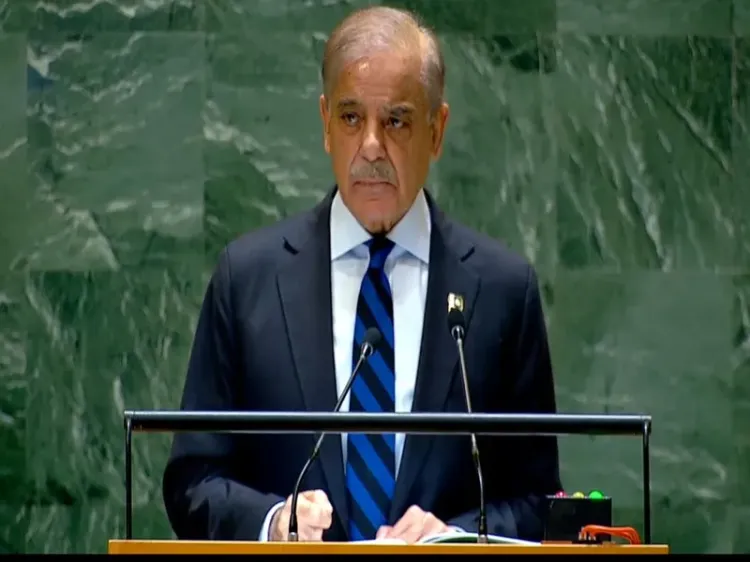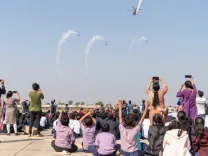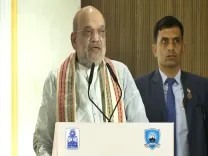Pakistani Official Acknowledges Potential US Travel Restrictions

Synopsis
Key Takeaways
- Potential travel restrictions for Pakistanis by the US.
- Concerns over terrorism and armed conflict in Pakistan.
- Advisory against traveling to Balochistan and Khyber Pakhtunkhwa.
- Increased risk of terrorist attacks targeting civilians.
- US citizens advised to avoid protests and sensitive areas.
Islamabad, March 10 (NationPress) Pakistan's Minister of State for Law and Justice Barrister Aqeel Malik on Monday acknowledged that the new US administration under President Donald Trump might implement certain travel restrictions affecting Pakistani citizens.
Malik remarked that, although the US has raised concerns regarding the increase in terrorism-related incidents within Pakistan, an outright travel ban on Pakistanis has not yet been enforced.
Islamabad is apprehensive that both Pakistan and Afghanistan will likely be included in a list being compiled by the Trump administration for new travel restrictions, which is based on a governmental review of security and vetting risks.
Earlier this month, the US Department of State, specifically the Bureau of Consular Affairs, issued a travel advisory urging its citizens to reconsider travel to Pakistan due to issues related to terrorism and the threat of armed conflict. The advisory specifically cautioned against traveling to Balochistan and Khyber Pakhtunkhwa (KP) provinces, including the former Federally Administered Tribal Areas (FATA), because of ongoing terrorism threats.
The rise in terrorism and persistent violence from extremist factions have resulted in indiscriminate assaults on civilians, as well as military and police targets in Pakistan. Terrorist actions may occur with little or no advance warning, often targeting transportation hubs, markets, shopping malls, military installations, airports, universities, tourist destinations, schools, hospitals, religious sites, and government buildings. The advisory also pointed out that US diplomats and diplomatic facilities have been targets in the past.
Additionally, the advisory recommended that travelers avoid protest areas that could attract attention from Pakistani security forces. US citizens have previously faced detention for engaging in protests or sharing content on social media that is deemed critical of the Pakistani government, military, or officials. Furthermore, internet and mobile service disruptions are frequent, particularly during protests.
This advisory was issued following the report from the Global Terrorism Index 2025, which ranks Pakistan as the second most affected country by terrorism, following Burkina Faso, but ahead of Syria.










